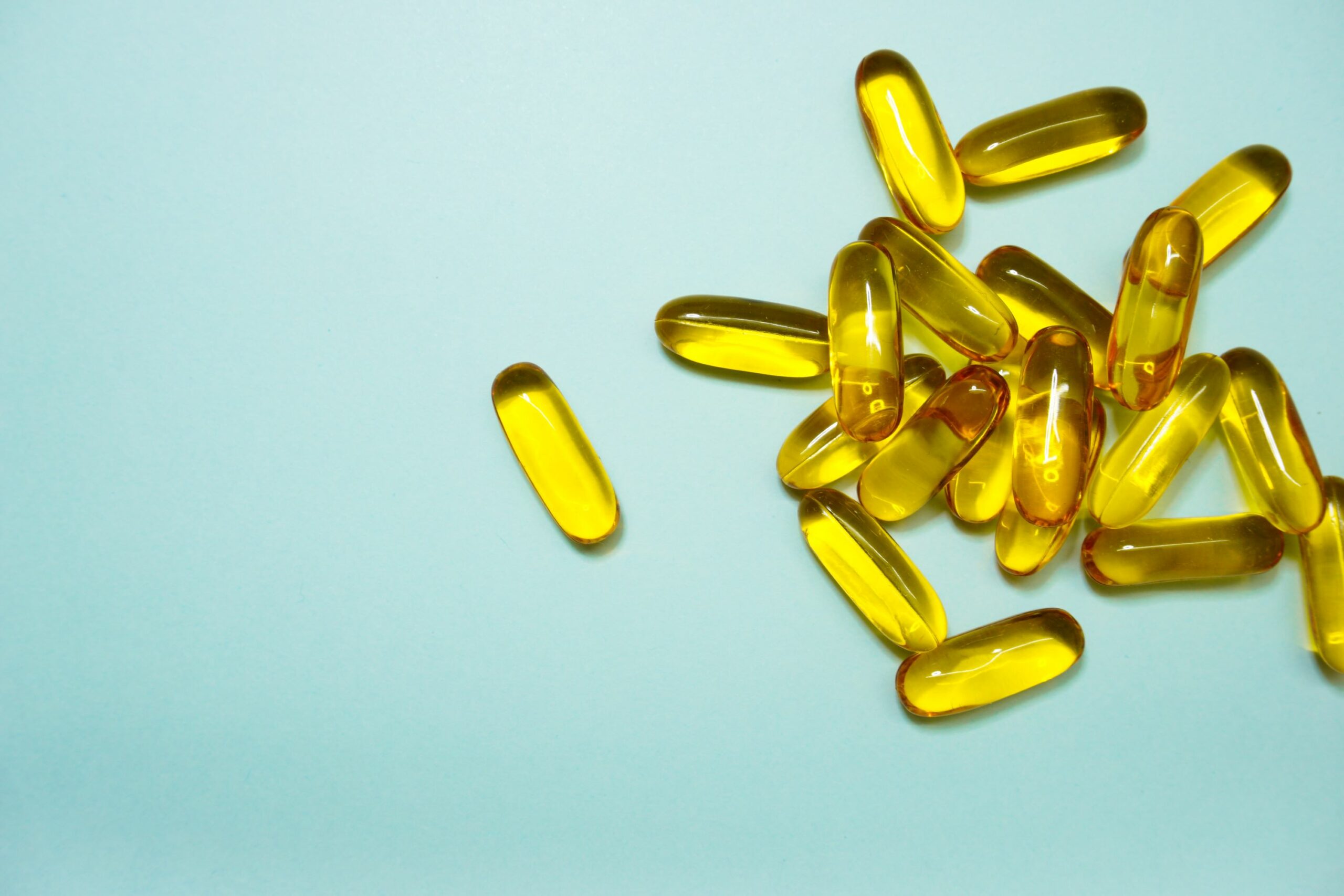
Disclosure: This blog post contains some affiliate links. The author will receive a small commission through some of the highlighted products but this did not influence which products have been recommended. Where discount codes have been provided, the author will not receive benefit as a result of you utilising the code – it’s just a gift for you!
Are you living with Polycystic Ovary Syndrome (PCOS) but feeling uncertain about which supplements to consider for managing this condition? You have come to the right place! In this blog we will explore some of the most beneficial PCOS supplements for fertility and how they can complement lifestyle changes in managing PCOS effectively.
How does PCOS affect fertility?
Polycystic Ovary Syndrome (PCOS) is a common condition that affects around 1 in 10 women of reproductive age. Beyond the visible symptoms of irregular periods, acne, and excess hair growth, PCOS can also impact fertility. Did you know, the majority of the time, ovulation problems are the primary cause of infertility?
- Anovulation and infrequent ovulation: Due to hormonal imbalances, some women with PCOS may experience anovulation, which means they do not ovulate at all during their menstrual cycles. Others may ovulate infrequently, reducing the number of opportunities for conception throughout the year. This makes it difficult to know when ovulation is going to occur.
- Poor egg quality: The elevated levels of androgens, which are a group of male hormones, can lead to a condition wherein eggs fail to mature properly within the ovaries. Poor egg quality can reduce the likelihood of successful fertilisation and may increase the risk of miscarriage. Increased levels of oxidative stress and inflammation are key features of PCOS, and subsequently can negatively affect egg quality (1). Oxidative stress is a condition that occurs when there is an imbalance between harmful molecules and the body’s ability to neutralise them. Emerging research suggests Coenzyme Q10 may also improve egg quality in women with PCOS by reducing oxidative stress.
- Insulin resistance: It occurs when the body becomes less responsive to insulin, leading to higher insulin levels. Insulin resistance can contribute to further hormonal imbalances and affect ovulation. Additionally, elevated insulin levels can lead to an increased production of androgens exacerbating the hormonal disruption that impacts fertility (2).
Top PCOS supplements for fertility
While there is no cure for PCOS, there is a growing body of research suggesting that certain PCOS fertility supplements can offer significant support in alleviating symptoms and promoting hormonal balance. Below, we outline the best PCOS supplements to consider:
- Inositol
Inositol, particularly myo-inositol and D-chiro-inositol, has gained significant attention for its positive effects on PCOS. Inositol helps improve insulin sensitivity, regulate menstrual cycles, and promote ovulation (3). We currently believe that a ratio of 40:1 myo-inositol to D-chiro-inositol is effective. Myo-inositol as a standalone supplement is also beneficial for women with PCOS (4). Our top recommendations include: Zita West Inositol & Folate and Intimate Rose Inositol D Chiro Inositol Tablets, a Myoinositol & D Chiro Inositol complex providing a 40:1 ratio alongside vitamin D and ashwagandha.
Use code ROHUNTRISS for 10% off all Intimate Rose products
- Vitamin D
Vitamin D deficiency is common in women with PCOS and research has shown that supplementing with Vitamin D can help improve insulin sensitivity and support reproductive health (5). It is advisable for everyone in the UK, especially during the winter months, to take a 10mcg vitamin D supplement.
For those trying to conceive, choosing a prenatal supplement with at least 10 mcg (400 IU) of Vitamin D is recommended. Our top recommendations include:
Use the code DIETITIANRO15 to get 15% off products in the Proceive range
Proceive Women: Includes 15 mcg (600 IU) of Vitamin D.
Proceive Max Women: Includes 20 mcg (800 IU) of Vitamin D for those seeking higher nutritional support during their fertility journey.
Wild Nutrition Fertility Support: Contains 15 mcg (600 IU) of Vitamin D.
Zita West Vitafem: Offers 10 mcg of Vitamin D.
Pregnacare: Contains 10 mcg of Vitamin D.
Pregnacare Max: Contains 10 mcg of Vitamin D.
- Omega-3 fatty acids
If you are not consuming 2 portions of oily fish per week, it may be worth considering an omega-3 supplement. Inflammation plays a significant role in PCOS and can adversely affect fertility. Omega-3 fatty acids, such as EPA and DHA, offer numerous health benefits, including reducing inflammation and supporting cardiovascular health. It also aids in regulating menstrual cycles, reducing androgen levels, and improving fertility (6). The recommended dose is 450 mg/day (7). When selecting a supplement, ensure the label includes both EPA and DHA. Our top recommendations include:
Zita West – Vital DHA – Offers a total of 1072mg EPA and DHA.
Zita West Ultra Omega 3– Provides 450mg of EPA and DHA.
Wild Nutrition Food-Grown Pure Strength Omega 3– Offers a total of 1200mg of EPA and DHA.
Proceive omega 3– Offers a total of 1100mg of EPA and DHA. Use the code DIETITIANRO15 to get 15% off
BioCare Vegan Omega 3– Provides a total of 834mg of vegan EPA and DHA
4. N acetylcysteine (NAC)
NAC generates antioxidants that play a crucial role in shielding and repairing our cells from damage. By mitigating cell damage, NAC combats inflammation and oxidative stress, which can have detrimental effects on fertility. Since NAC is not naturally present in any foods, it must be obtained through supplementation. Research findings have demonstrated that NAC is even more effective than metformin in improving insulin resistance (8). It may also have a positive impact on fertility by improving ovulation, pregnancy rate, and egg quality (9). Our top recommendation includes:
Before making changes to your supplement regimen, consult with your doctor or a fertility specialist to determine the right dosage and ensure it aligns with your individual needs and health goals.
There are other supplements that are known to be beneficial for women with PCOS. Check out our blog if you are interested in learning more about how these supplements and a PCOS-friendly diet can help manage PCOS symptoms.
A final word
A comprehensive approach combining a PCOS-friendly diet, lifestyle changes, and carefully chosen PCOS supplement for fertility can make a significant difference in managing symptoms and improving fertility outcomes. Therefore, it is important to remember that they are not meant to replace a balanced diet and a healthy lifestyle.
For more information check out our specialist PCOS guides, including the PCOS weight loss meal plan and the Lean PCOS meal plan and guide for more diet and supplement advice. These resources can provide valuable insights and assistance to manage your PCOS symptoms effectively and enhance fertility.



